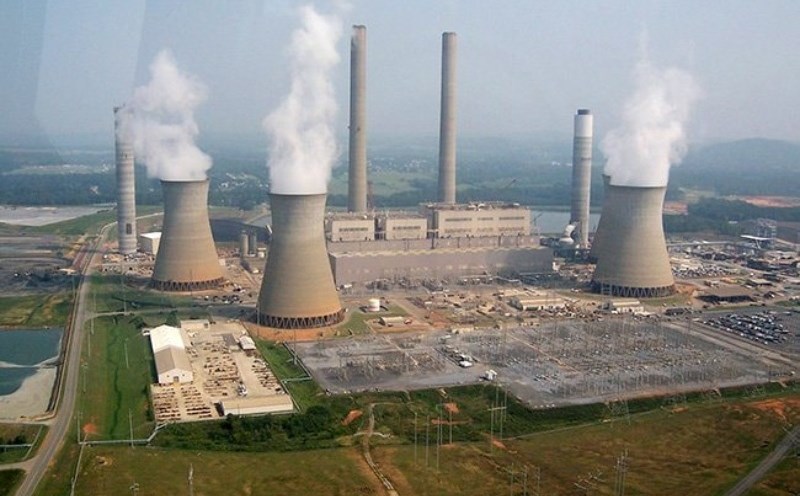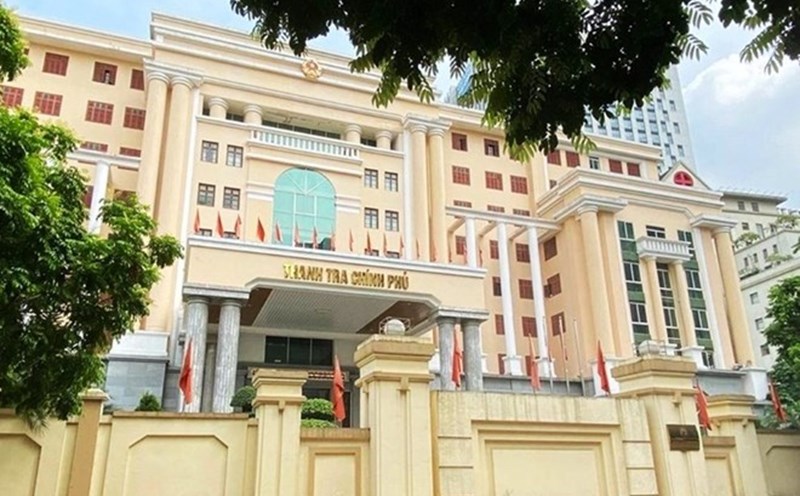The Ministry of Justice has just published the appraisal dossier of the Draft Law amending and supplementing a number of articles of the Law on Anti-Corruption.
According to the draft of the Government Inspectorate, in Article 30 of the Agency for Asset and Income Control, the draft Law proposes:
1. The Central Inspection Committee controls the assets and income of those under the management of the Politburo and the Secretariat.
2. Party committees and agencies at the Central level and Party committees directly under the Central level shall control the assets and incomes of those who are required to declare assets and incomes under their management authority, except for the cases specified in Clause 1 of this Article.
3. The Government Inspectorate controls the assets and income of those holding positions from the Director and equivalent or more working at ministries, agencies under the Government and other agencies, units and organizations decided to be established by the Government and the Prime Minister; the head and deputy head of the head working at the organization decided to be established or approved by the Government and the Prime Minister; the Chairman of the Board of Directors, Vice Chairman of the Board of Directors, Chairman of the Board of Members, Vice Chairman of the Board of Members, General Director, Deputy General Director, member of the Board of Directors, member of the Board of Members, representative of state capital at enterprises, heads of controls, chief accountants of state-owned enterprises managed by ministries and ministerial-level agencies; person with the obligation to declare assets and income at the Government Inspectorate, except for the cases specified in Clause 1 and 2 of this Article.
4. The Supreme People's Court, the Supreme People's Procuracy, the State Audit, the National Assembly Office, the Office of the President, the National Assembly's Delegation Work Committee, and central agencies of socio-political organizations shall control the assets and income of those with declaration obligations under their management authority, except for the cases specified in Clauses 1, 2, and 6, of this Article.
5. Ministries, ministerial-level agencies, and government agencies shall control the assets and income of those subject to declaration under their management authority, except for the cases specified in Clauses 1, 2, and 3, of this Article.
6. The Provincial Party Committee and City Party Committee Inspection Committee controls the assets and incomes of those under the management of the Provincial Party Committee Standing Committee and City Party Committee and those who are obliged to declare assets and incomes in the Party agencies of the province, except for the cases specified in Clause 1 of this Article.
7. The inspectors of provinces and centrally run cities control the assets and income of people who are required to declare work at agencies, organizations, units, and state-owned enterprises under the management authority of local governments, except for the cases specified in Clause 6 of this Article.
The Government Inspectorate said that the amendment aims to regulate the unification and synchronization of agencies controlling assets and income, avoiding overlapping in terms of uncertainty about authority; at the same time, ensuring consistency and compliance with the Party's regulations on asset and income control in Decision 56-QD/TW, dated February 8, 2022 of the Politburo.








